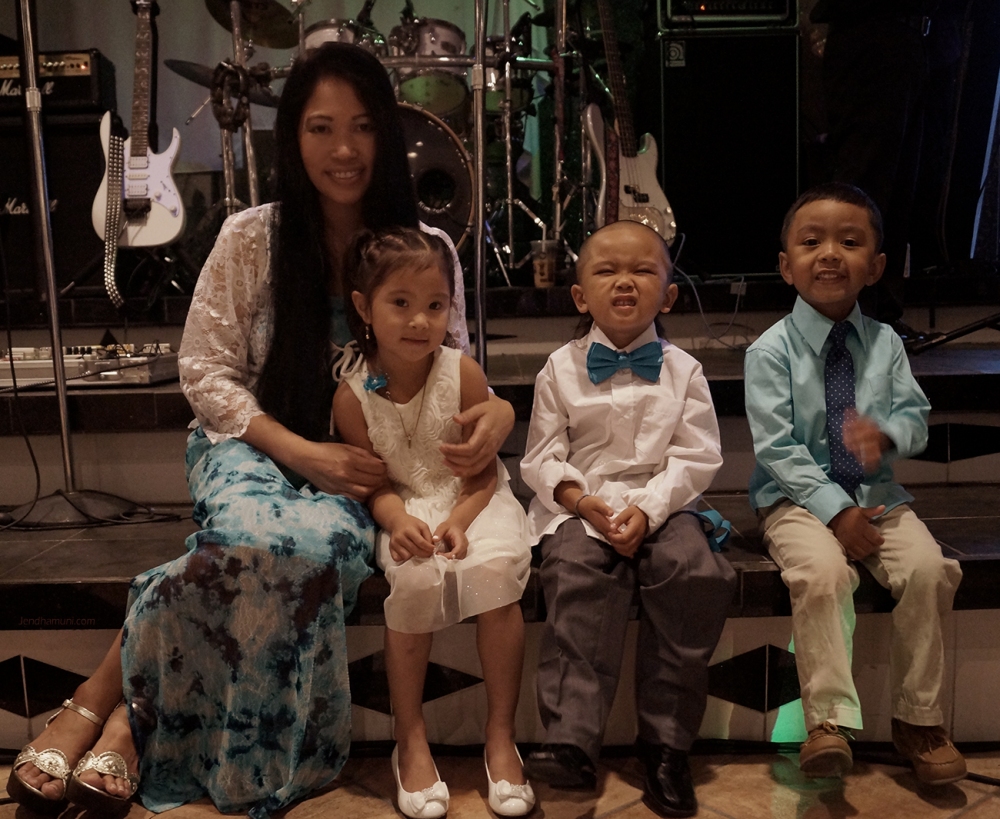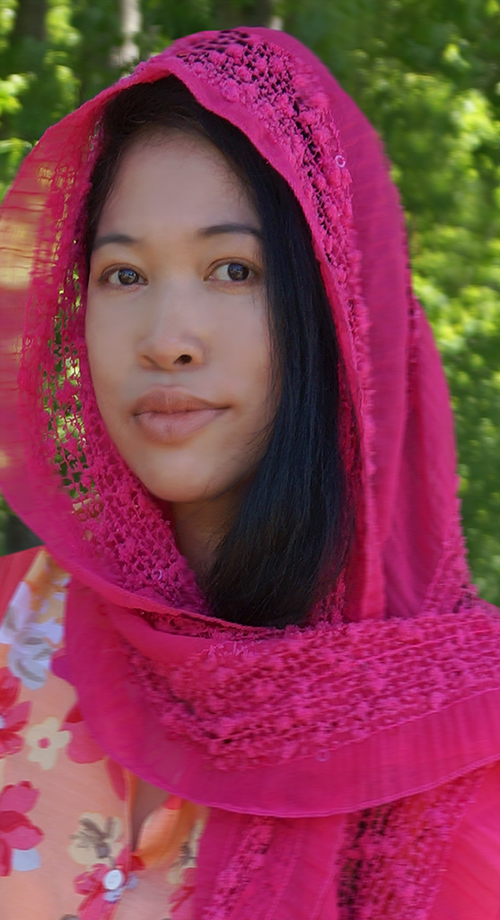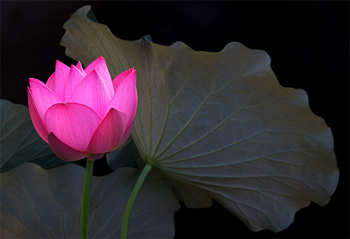The weapon for self-protection is loving-kindness
Killing for Self Protection
The Buddha has advised everyone to abstain from killing. If everybody accepts this advice, human beings would not kill each other. In the case where a person’s life is threatened, the Buddha says even then it is not advisable to kill out of self-protection. The weapon for self-protection is loving-kindness. One who practises this kindness very seldom comes across such misfortune. However, man loves his life so much that he is not prepared to surrender himself to others; in actual practice, most people would struggle for self-protection. It is natural and every living being struggles and kills others for self-protection but kammic effect depends on their mental attitude. During the struggle to protect himself, if he happens to kill his opponent although he has no intention to kill, then he is not responsible for that action. On the other hand, if he kills another person under any circumstances with the intention to kill, then he is not free from the kammic reaction; he has to face the consequences. We must remember that killing is killing; when we disapprove of it, we call it ‘murder’. When we punish man for murdering, we call it ‘capital punishment’. If our own soldiers are killed by an ‘enemy’ we call it ‘slaughter’. However, if we approve a killing, we call it ‘war’. But if we remove the emotional content from these words, we can understand that killing is killing.
In recent years many scientists and some religionists have used the expressions like ‘humane killing’, ‘mercy killing’, ‘gentle killing’ and ‘painless killing’ to justify the ending of a life. They argue that if the victim feels no pain, if the knife is sharp, killing is justified. Buddhism can never accept these arguments because it is not how the killing occurs that is important, but the fact that a life of one being is terminated by another. No one has any right to do that for whatever reason. ~Ven. Dr. Sri Dhammananda









